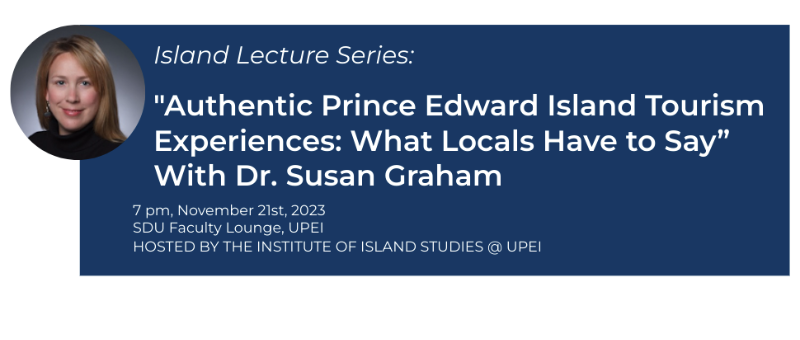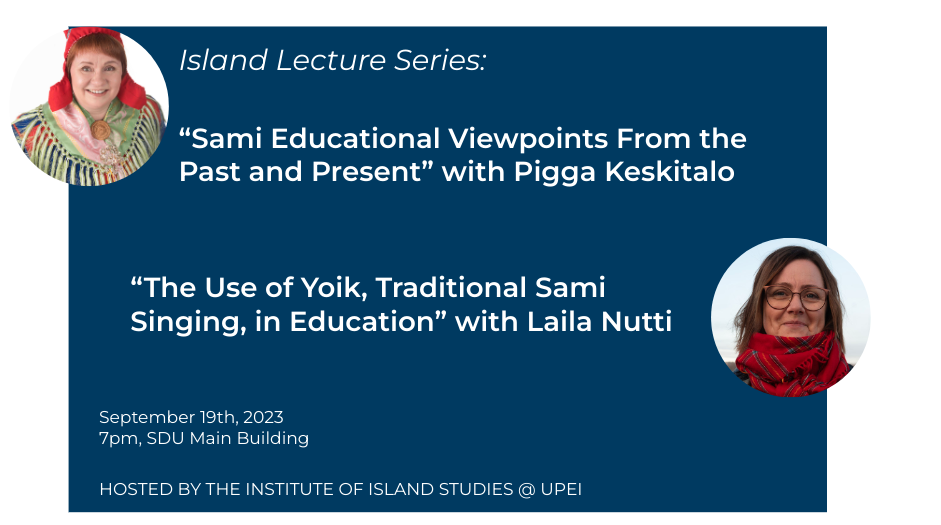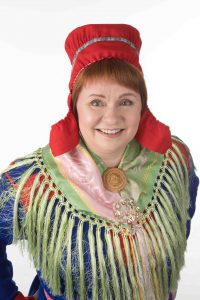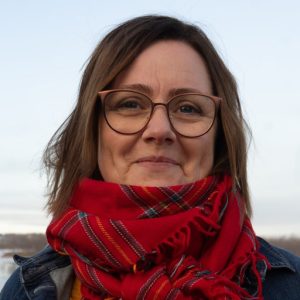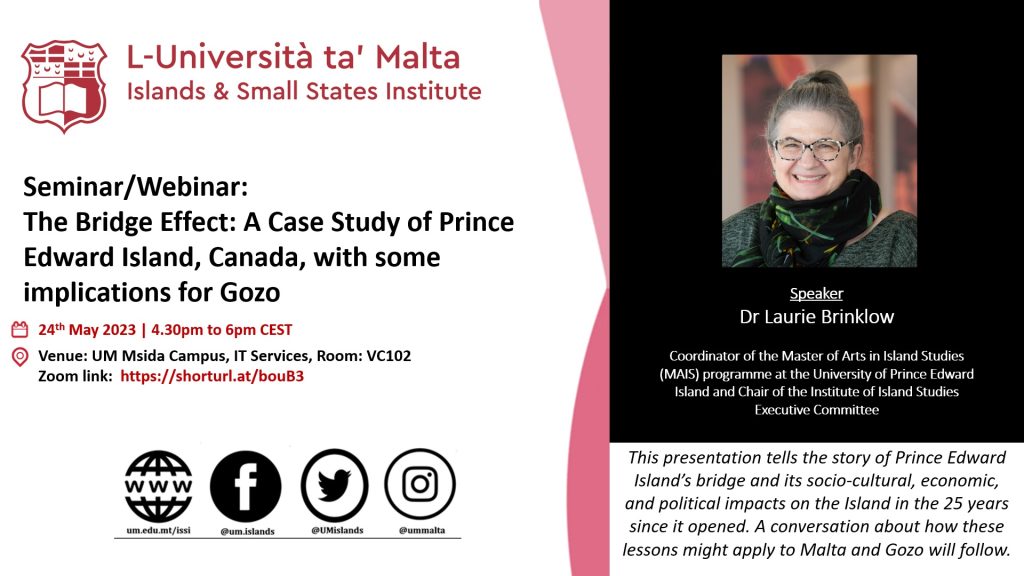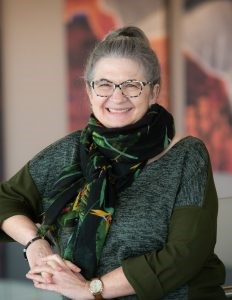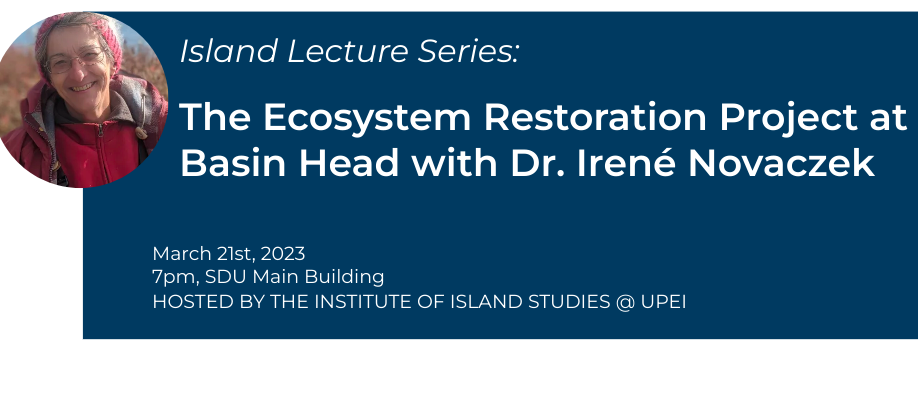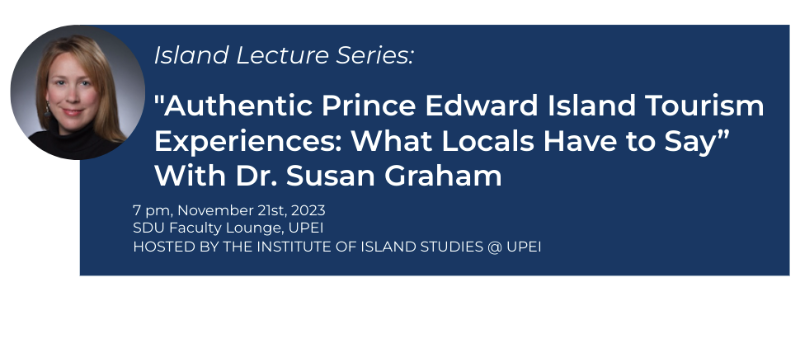
Island Lecture Series | “Authentic Prince Edward Island Tourism Experiences: What Locals Have to Say” with Dr. Susan Graham
7 pm, November 21st, 2023, SDU Faculty Lounge, UPEI
Authenticity in tourism is a hot topic. Can tourism experiences ever really be authentic and truly reflect the character, history, and people of a place? One underrepresented voice in the authentic tourism is that of locals. Using a research panel of 600 islanders, we asked Prince Edward Islanders if it was possible for visitors to experience the ‘real’ PEI, and if so, what kinds of experiences best reflected the place that locals call home. Over 400 respondents enthusiastically proclaimed that indeed it was possible for visitors to glimpse the ‘real’ Prince Edward Island and they identified myriad ways that could happen in areas such as culinary-, cultural-, historical-, and Anne of Green Gables-based experiences. Come on out to the Island Speakers Series on November 21st at 7pm to hear more about this research project.
Dr. Susan Graham
Dr. Graham is an Islander, born and raised (in Summerside). She is an Associate Professor of Marketing with UPEI’s Faculty of Business, where she teaches intro to marketing, integrated cases in marketing, brand management, and the future of marketing. Her research program spans two distinct themes: marketing islands as tourism destinations and 2SLGBTQ+ inclusion in business/management education. Dr. Graham lives in Charlottetown with her husband and son. She is a passionate traveler, reader, hiker, chef, and Starbucks fan.
